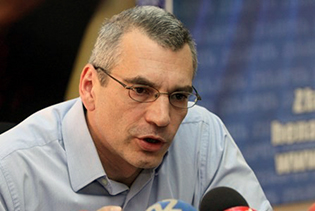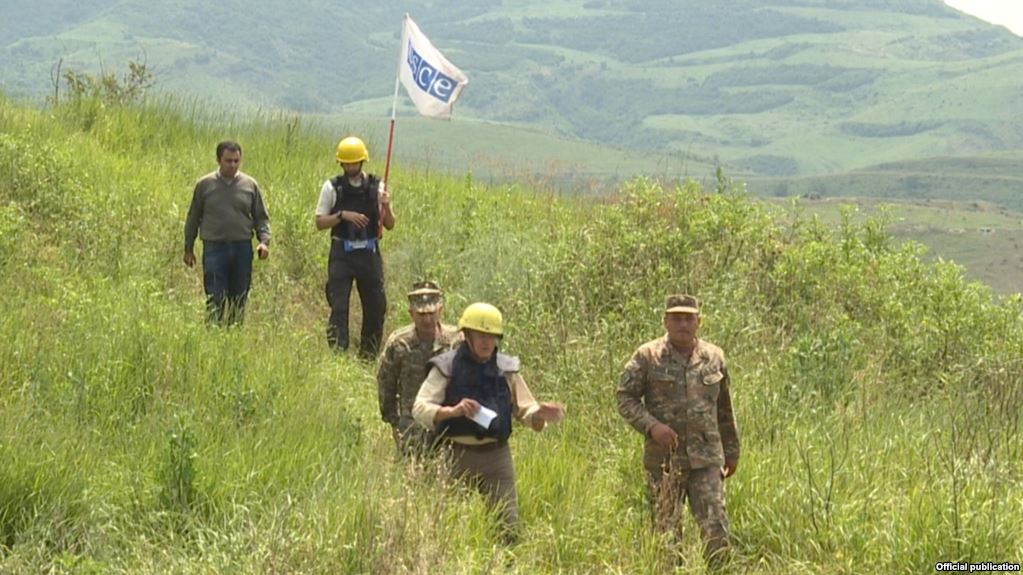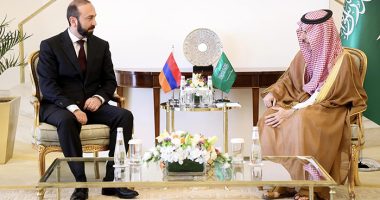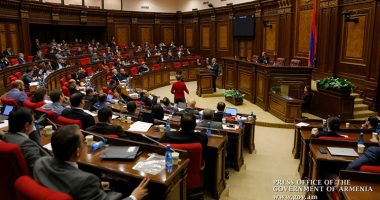By Richard Giragosian,
Director of Regional Studies Center
For much of the last year, Armenian politics and foreign policy have been infused with an unusual degree of dynamic change and dramatic choices. In foreign policy, Armenia has faced a shift in alliance and strategic orientation, most evident in the surprise decision by the Armenian president to sacrifice nearly four years of negotiations with the European Union over a new Association Agreement. That unilateral decision firmly committed Armenia to pursue membership in the Russian-dominated Customs Union instead.
But it has been Armenian domestic politics that has been marked by an even more significant degree of change. In many ways, politics in Armenia has always been about power and wealth, based on a form of governance driven by self-interest over national interests.
Armenia’s “Game of Thrones”
Yet most recently, Armenian politics has become a new “game of thrones,” as various political parties and powerful interests compete for power and position. And for each “kingdom” of power, the stakes are high, as a new government is soon to be formed and the president seems intent on pushing through a number of structural changes to the constitution.
This new version of Armenia’s “game of thrones” has now fully emerged in the wake of the resignation of Prime Minister Tigran Sarkisian and the recent selection of parliamentary speaker Hovik Abrahamian as the nominee for the country’s next premier.
And with no successor to incumbent President Sarkisian, now in his final second term, there is a clear transition now underway, complete with competing factions, preparing and positioning themselves as a new political elite is quickly emerging in Armenia.
The move also reflects the degradation and decay of Armenian politics, reflecting the destructive dominance of individual politicians over institutional policies.
Politics as Literature
At the same time, to better understand and decipher the intricacies of Armenian politics, it is necessary to apply an analysis based on literature.
Starting at the top of the political pyramid, President Serzh Sarkisian stands as the “last of the Mohicans,” personifying the last remnant of a powerful political elite, with its origins from Nagorno Karabakh. The rise of this specific political elite was due to more than its shared Karabakh origins, however. More significantly, the Karabakh elite was able to exploit the time and context of the Karabakh war to come to power, cemented by a politics of nationalism that forced out the moderates in favor of the militants.
But now, there is no successor, and despite its power and position, the political standing of the Karabakh elite is clearly waning.
Moreover, the earlier period of politics of nationalism and militant political posturing has lost its appeal, and no longer resonates as it once did. Combined with the deepening of entrenched corruption within the state, unfulfilled policy promises for reform, and all too obvious disparities of wealth and income, Armenian politics has devolved an degraded into an “arrogance of power” marked by a public “crisis of confidence.”
Modern Armenian politics has also become little more than a tired drama, or at best, an operatic farce. While politics has always been a superstitious endeavor, the naming of Hovik Abrahamian as Armenia’s 13th prime minister is an especially ominous sign. Abrahamian, formerly parliamentary chairman, brings a dangerous record of ignorance and arrogance to the post, and represents one of the more visible examples of the incestuous mix of business and politics in Armenia, with little real understanding or appreciation of reform or democratization.
And even more telling, he has now been placed in a position that has been the traditional avenue toward presidential power in the country.
Thus, as Armenia’s “game of thrones” evolves, the future of Armenia is even more at stake, and the coming few years will mark a crucial point in the development or demise of the modern Armenian state.
Richard Giragosian is the director of Yerevan based Regional Studies Center (RSC).










